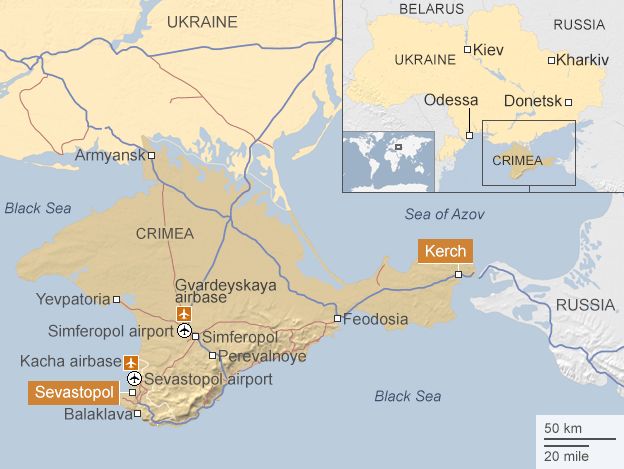When George W. Bush created the Department of Homeland Security, one of the missions was to bring together the mobilize key agencies into one to force collaboration, cooperation and joint use of tools and technology to secure the country. Under Barack Obama, not only were executive orders signed to waive standing law and procedures, the security of the country has reached a tipping point as a result of adding in migrants, refugees and aliens. Mandates from the White House to other agencies include edicts to ignore policy and security standards but we are virtually giving sanctuary to criminals.
Now the House of Representatives is working on legislation to force compliance with law.
The Department of Homeland Security knows there are growing threats across the country so in December of 2015 the agency re-launched the warning system.
There is an app for that. The Department of Justice even published a 10 page handbook.
WASHINGTON — Homeland Security Secretary Jeh Johnson activated the National Terrorism Advisory System for the first time Wednesday, warning the public of “self-radicalized actors who could strike with little or no notice.”
The bulletin, which marks the addition of a new level of public warning to the system, will be in effect for the next six months, or until events dictate otherwise, Johnson said.
The Department of Homeland Security is “especially concerned that terrorist-inspired individuals and homegrown violent extremists may be encouraged or inspired to target public events or places,” the bulletin stated.
“As we saw in the recent attacks in San Bernardino and Paris, terrorists will consider a diverse and wide selection of targets for attacks,” the DHS notice said.
House Acts to Keep America Safe
Passes Legislation to Enhance Overseas Traveler Vetting & Help Stem Flow of Foreign Fighters
On the House floor, speaking in support of the bipartisan legislation, Chairman Royce delivered the following remarks (as prepared for delivery):
The global threat of terrorism has never been as high as it is today. In just the last 12 months, we’ve seen terrorists strike in my home state of California, and in France, Belgium, Turkey, India, Tunisia, the Ivory Coast, Nigeria, Pakistan and Iraq – to name a few. No country is immune. The ideology of violent extremism knows no boundaries – allowing individuals to become radicalized by terrorists overseas without leaving their neighborhood.
I just returned from Iraq, Jordan and Tunisia, where I heard first-hand about the foreign fighter threat. More than 35,000 foreigners from 120 countries have traveled to the Middle East to join ISIS, and many of these fighters are now looking to return to their homes and to the United States to carry out attacks.
That is why information sharing between countries is more critical than ever.
The bipartisan Task Force’s report highlighted the lack of any comprehensive, global database of foreign fighters and suspected terrorists. In its absence, the U.S. and other countries rely on a patchwork system for exchanging extremist identities, which is weak and increases the odds that foreign fighters and suspected terrorists will be able to cross borders undetected.
H.R. 4403 will authorize the Secretaries of the Department of State and Homeland Security to develop open-source software platforms to vet travelers against terrorist watch lists and law enforcement databases. It permits the open-source software to be shared with foreign governments and multilateral organizations, like INTERPOL.
This bill reflects the recommendations made by our colleagues on the Task Force, which we have worked together on. I thank Mr. Hurd and Chairman McCaul for their leadership working to make our nation safer against terrorist threats.



 John Tlumacki/Globe Staff/File
John Tlumacki/Globe Staff/File

